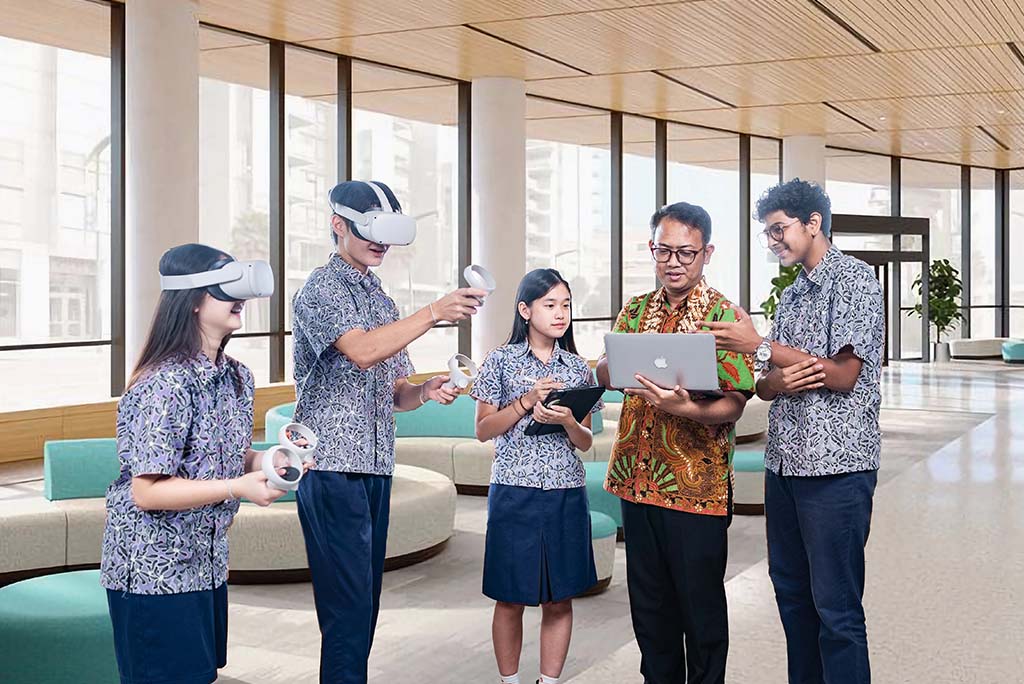SIS Expands Its UNSDG Commitment with a Partnership with Queen’s University, Canada
Written by Kavita Jaisi
SIS Group of Schools, Director of Academics & Curriculum

There is an African proverb that goes:
“If you educate a man, you educate an individual, but if you educate a woman, you educate a family (nation)”.
Equally, one cannot downplay the role of a school and its teachers in nation-building as the influencer and developer of future leaders and their ideals.

For 25 years, SIS has provided access to inclusive and equitable quality education for many Indonesians. SIS built its expansion strategy around Goal 4 of the United Nations Sustainable Development Goals (UNSDGs) even before the term existed. The approach has been through its Half Fee model, where SIS lowers its tuition fees when it builds schools in different tier cities. By doing so, SIS is to reach families of various income levels. To maintain the quality of the programme, SIS teachers engage in “vertical collaboration”. What it means is that teachers collaborate with their peers from all schools up and down the tuition fee ladder. All teachers enjoy the same professional development opportunities as well. This approach has been recognised by the International Finance Corporation (IFC) and Financial Times (FT) under the “Solutions in Education Knowledge and Skills” category.
With Indonesia being the world’s 4th most populous country, the impact of this approach is immense and could potentially change the global education landscape. It is worth noting that Indonesia’s scores on the Programme for International Student Assessment (PISA) rankings have a big room for improvement. SIS recognises the crucial role that teachers play in delivering UNSDG education and knows that a series of dry lectures and campaigns hardly spark any independent actions from students. Student empowerment comes from teachers’ strategic approach to delivering education. At SIS, we believe that Active Learning is the key.
Active learning is a teaching approach that actively engages students in their learning through discussions, investigations and problem-solving. As of May 2023, all 285 SIS teachers have completed the Queen’s University Canada’s online Active Learning course, and then assessed and badged internally by the SIS training department. Twenty-five of them made the cut as the first cohort of a bespoke microcredential course named “Bringing Active Learning into the Classroom” developed through a partnership between SIS and Queen’s University Canada’s Faculty of Education.
SIS is enthusiastic about the Queen’s University Canada is taking strides towards this noble cause. This partnership will give SIS teachers the tools they need to make a substantial difference in their students’ lives. In the long run, arming Indonesian teachers with Active Learning strategies will not only boost student engagement and learning outcomes but ultimately contribute to elevating Indonesia’s standing on the international education stage. This collaboration between Queen’s and SIS is a powerful example of how global teamwork can advance the UNSDGs.



